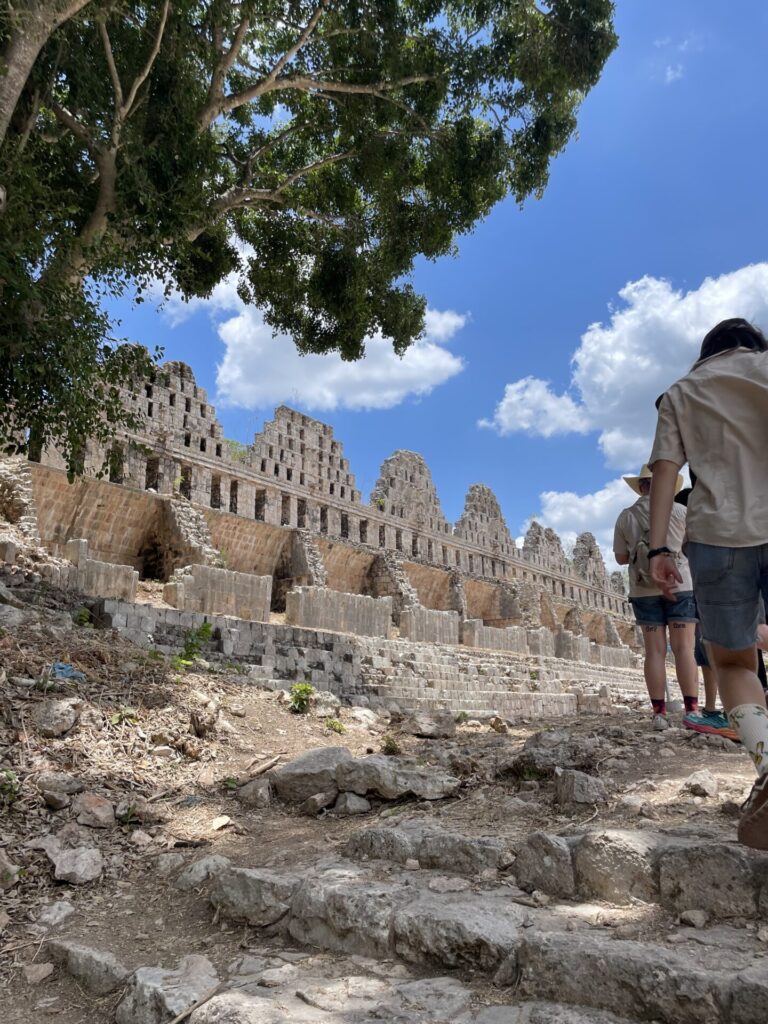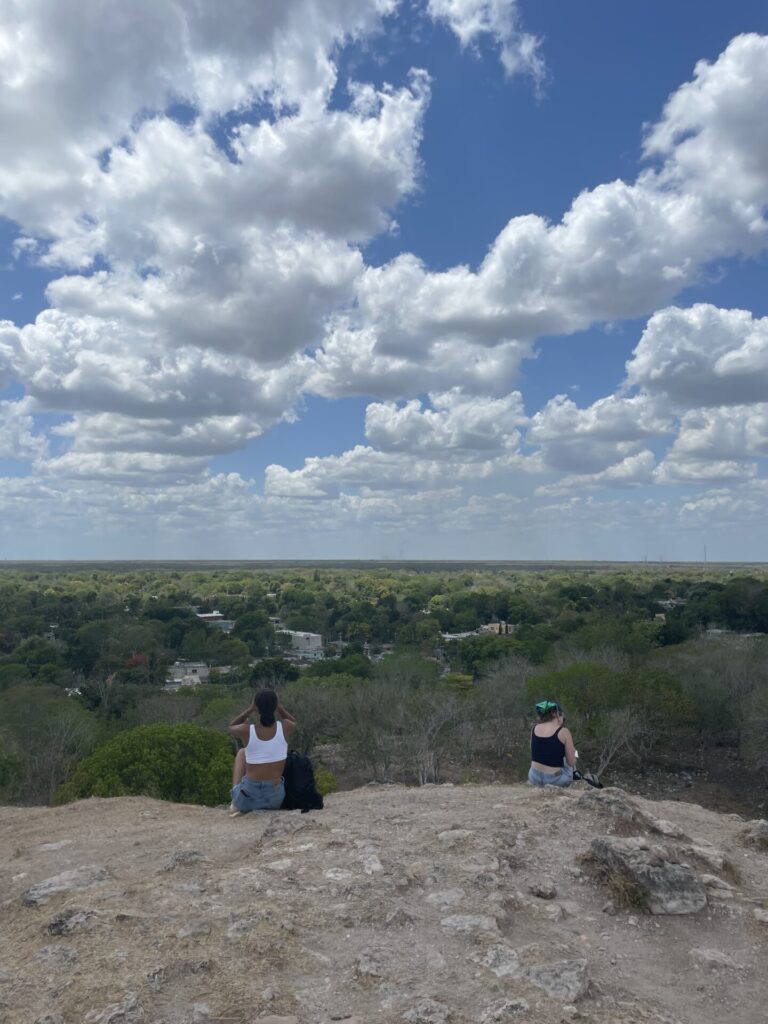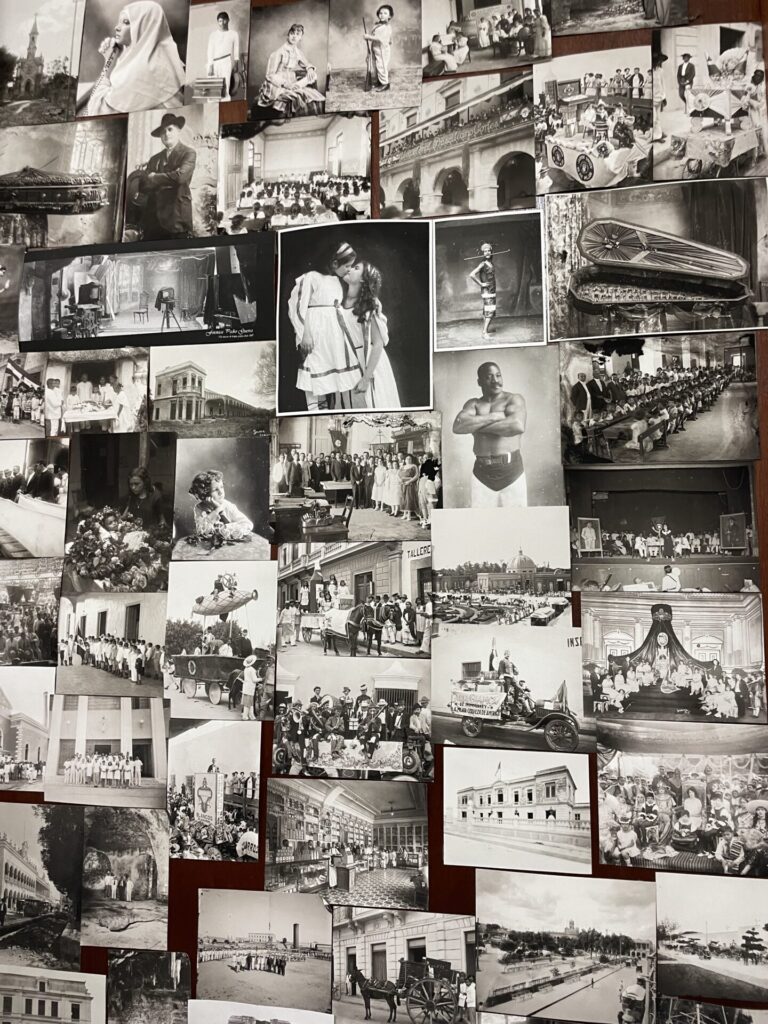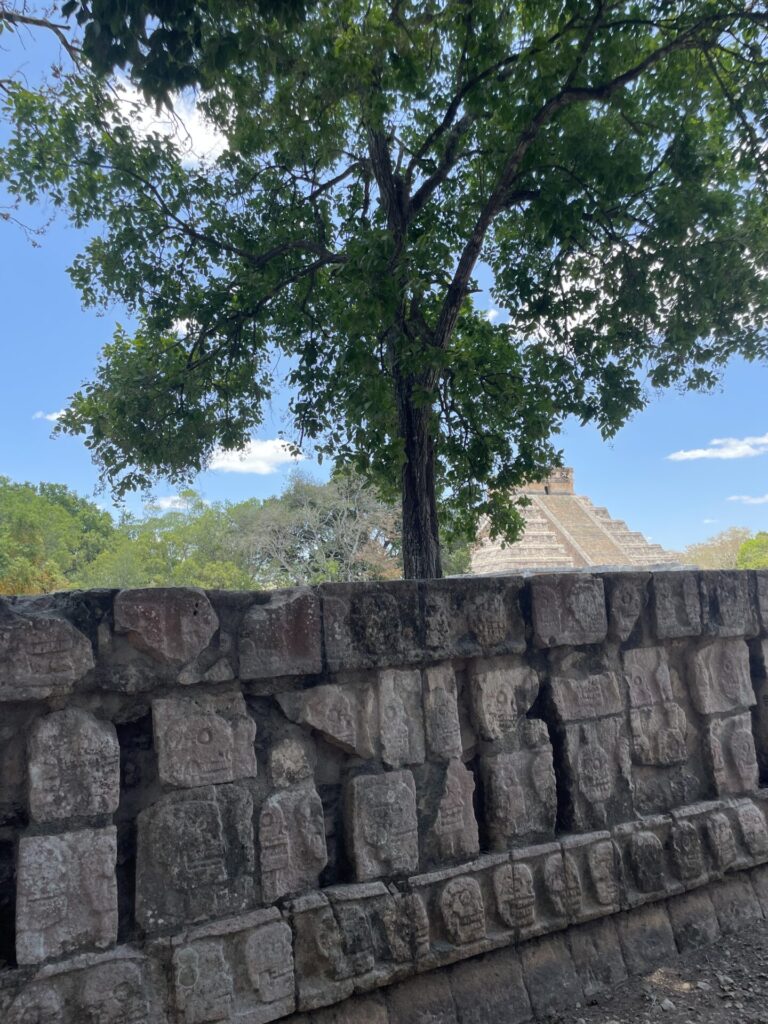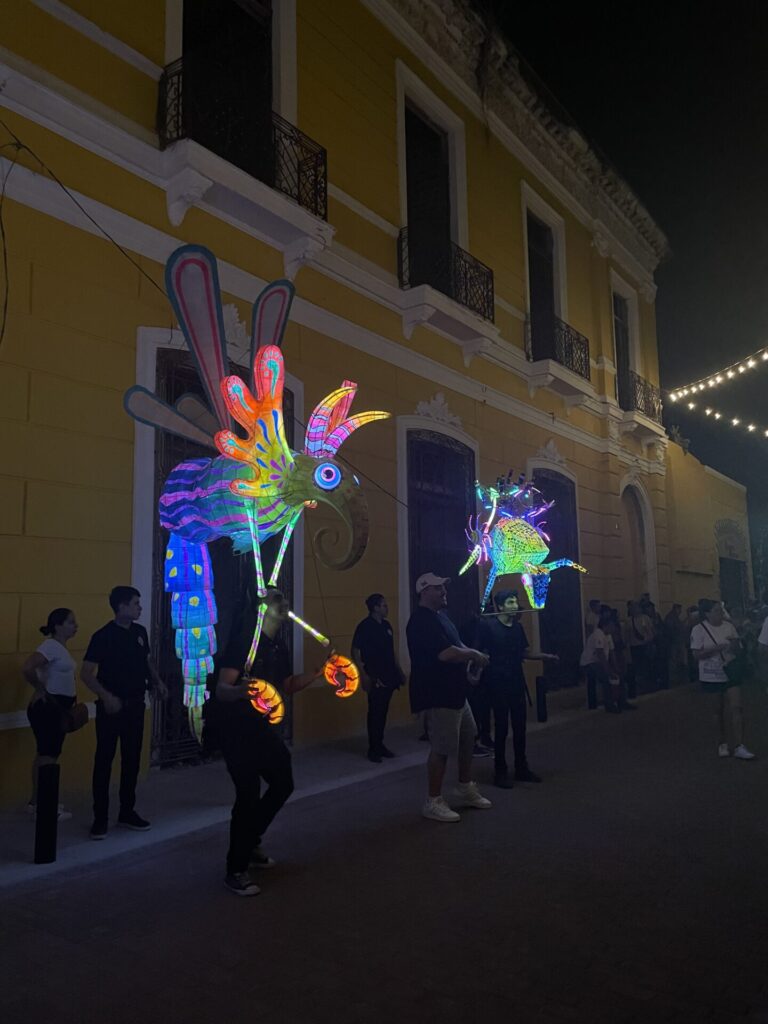When thinking about my progression throughout the trip, I don’t think I necessarily know who I will be. However, I know what I’ve learned and will try to incorporate it into my day-to-day life. My identity has always been one of confusion. To be Mexican but with an American upbringing. To be queer in a culture that does not accept that. To be low-income in a society that says you must simply do better. I want to be an older sister but also resent having to parent at a young age. To be dark but not see myself represented in Mexican media. To be part of a household that emphasizes catholicism but does not believe in anything at all. I want to be the first generation but have not accomplished enough. I want to be a social work major but also be a part of a system that is flawed. To be a student and to realize the damage we students create for the communities around us. I do not think I necessarily understand who I am most of the time, and even when I do, I learn even more about myself that either adds to my story or contradicts it. My intersectional approach to who I will be post-study abroad is that I can navigate the world with a deeper understanding of the environment that I was in and the people and culture that taught me. I will be a more conscious tourist and a more active advocate for human rights within Mexico. My Spanish classes mainly taught me that. I learned more about gay rights within Merida, femicides, the history of their political parties, demonstrations and protests, and most importantly, how to incorporate this information in Spanish. I have always had difficulty talking to my parents about these topics because I didn’t have the vocabulary for them, but now I do, and I’m beyond excited about it! Not to mention understanding the Mayan culture and the injustices and targeting they face. Recently, my brother has become more involved with his native history, what it means to be indigenous to Oaxaca, and what that means within America. When I had a most recent talk with him, I realized again that my identity is ever-changing. I want to be more involved with Mexican politics and Indigenous communities when returning to America. What I learned about myself is that, again, my identity is not in any way stagnant. My position within America is to continue advocating for my community and other marginalized communities. Since I was young, I have been taught that connecting with others is the most beautiful and wonderful thing in the world! My position in the world is to be a social worker and learn more about respecting and incorporating different perspectives and cultures into my work. It’s to be the daughter of immigrant parents and reflect on their experiences in my actions. It’s to be conscious of how to treat others with empathy and kindness. One thing that I will not forget is that learning does not require a particular path. Going to these places and hearing about the experiences of the people impacted gave a more profound meaning to the information. I loved reading the little descriptions in museums. I loved asking locals what their thoughts were on various topics. I loved sitting in silence, wondering about what others experienced in the same spots I was in. I loved watching and seeing local art created beautifully and passionately. I loved learning through various means, and it reminded me that to grow and understand better does not mean I have to learn about it in a classroom.
